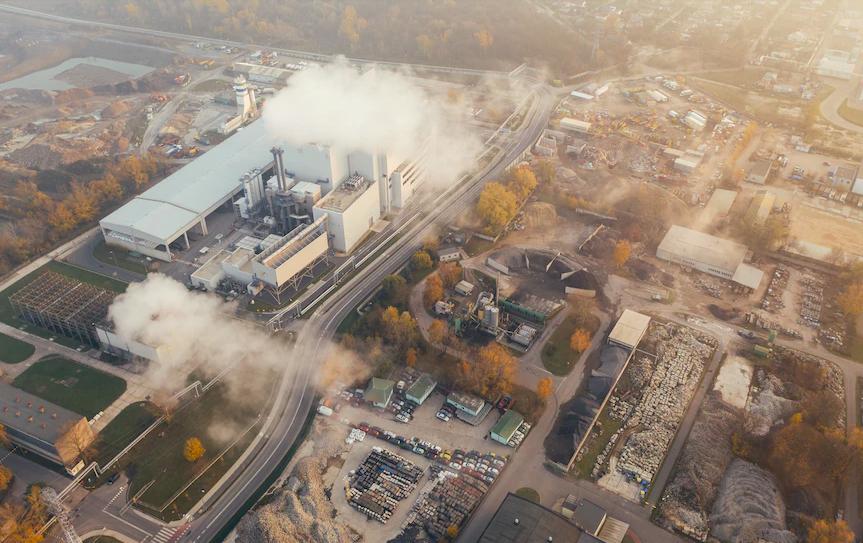
Print&Features editor Sophie Utteridge discusses The Canteen’s new approach towards encouraging ethical food choices in diners
The Canteen, a vegetarian restaurant in Bristol, has become one of the first food establishments to add carbon emissions to their menu instead of calorie information.
For many, the government’s calorie legislation stirred mixed feelings. Though some agree knowing the number of calories you are consuming may indeed be a helpful indicator, others have found it to be rather imposing on their lives, feeling as though they are being judged if they happen to choose a high calorie meal. This can be especially dangerous for those recovering from eating disorders.
However, Bristol’s The Canteen have sparked a different debate about our food consumption, choosing to move away from the government’s narrative of counting calories. Instead, The Canteen have introduced a different account of our food consumption in highlighting the industry’s impact on the environment.
Food production as a process accounts for an estimated 25% of the world’s greenhouse gas emissions
Liam Stocks, the manager at The Canteen, stated his belief that “cleaning up the food chain” is an extremely important issue. Many do not consider, or do not even know, where their food has come from before it arrives on their plate. Meat especially generates an extremely consequent carbon footprint, so much so that a simple beef burger creates 3,050g of carbon. This number climbs higher when food is imported from abroad. In fact, after beef, cheese has the highest carbon footprint by the kilo at 21kg of CO2 per kg.
Food production as a process accounts for an estimated 25% of the world’s greenhouse gas emissions. This includes its growth, production, packaging, and transport. Whilst the common advice is to eat locally to reduce your carbon footprint, transport only generates a small amount of carbon emissions compared to production. Therefore, whilst eating locally is most definitely encouraged to support local businesses, it does require a bit more thought to truly cut down your carbon footprint.
However, whilst this issue is extremely important and has real world impacts, there are also some serious human effects to consider. Just like counting calories, counting carbon emissions can also be very imposing. For most people, eating out is a luxury saved for special occasions, especially in this cost-of-living crisis. Personally, when I go out to a restaurant, I would rather not be made to feel guilty for a high calorie count or high emissions. This being said, I do acknowledge the importance of knowing where your food has come from and whether it has been sustainably produced.
Counting carbon emissions can also be extremely imposing
Instead of placing the responsibility on the consumer to pick ethical, sustainable choices, perhaps the government should be introducing initiatives to ensure restaurants source their ingredients from environmentally friendly places. This would make the customer feel reassured that the establishment is sustainable, as well as not making them feel watched, judged, or imposed upon for their choices. Besides, there is always the possibility that most customers will just ignore the carbon emissions altogether, and if that’s the case then what impact is really being made?
Of course, realistically this may not happen. However, I believe that raising awareness of carbon footprints should be a priority as our world becomes increasingly affected by global warming. Perhaps placing the emphasis on the consumer is not the way to go, but it is good that restaurants are becoming more aware of their impact, and their role to protect the environment.
Hungry for more? Check out these other Food&Drink articles:
Review: The Thinking Drinkers Pub Quiz
Food for Thought: The Problem with Calories on Menus
Food for Thought: Is Veganuary Actually Good for the Environment?
Comments